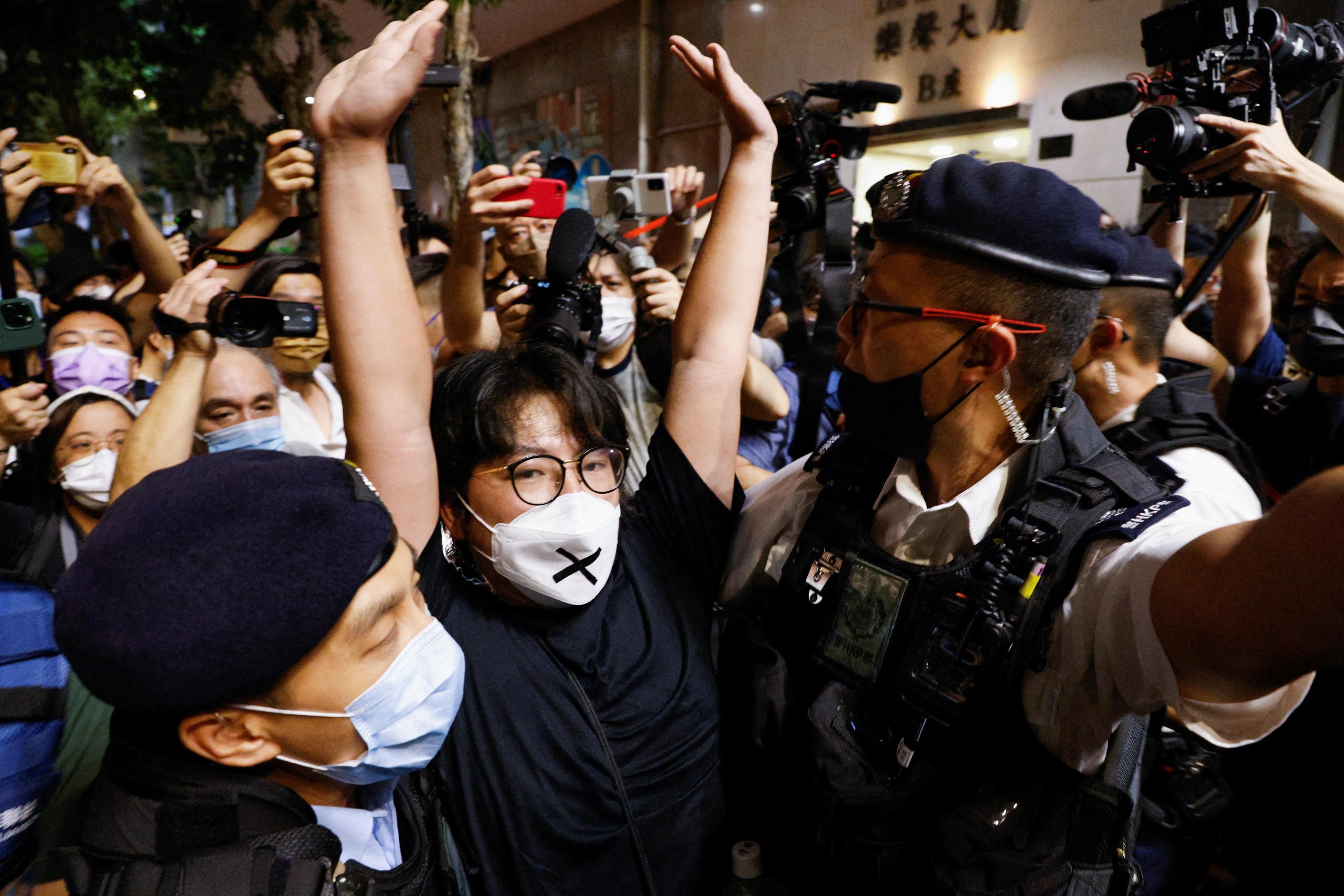6:Six Hong Kongers were arrested over the weekend for publicly marking the 33rd anniversary of the Tiananmen Square massacre. Beijing bans commemorating the event on the mainland, but Hong Kong was, until recently, one of a few Chinese territories where it was allowed. That changed in 2020, when Beijing imposed a draconian national security law on the city.
60: The UK could yield up to 60% less in cucumber and sweet pepper crops this year because many glass houses have opted to plant less due to surging energy costs and labor shortages. Even before the pandemic and the war in Ukraine disrupted global supply chains and rocked energy prices, British farmers were struggling with an acute labor shortage linked to Brexit.
628,205: Japan recorded its lowest number of births in more than a century, recording a population decline last year of 628,205, a 3.5% drop from the previous year. This is in part explained by Japan’s aging population: around one third of Japanese residents are over the age of 65.
49: At least 49 people were killed on Sunday and scores more injured when a fire broke out at a storage depot near the port city of Chittagong in southeast Bangladesh. The blaze – believed to have been caused by improperly stored chemicals – is the latest in a deadly spate of similar incidents attributed to the country’s poor safety and labor regulations.
